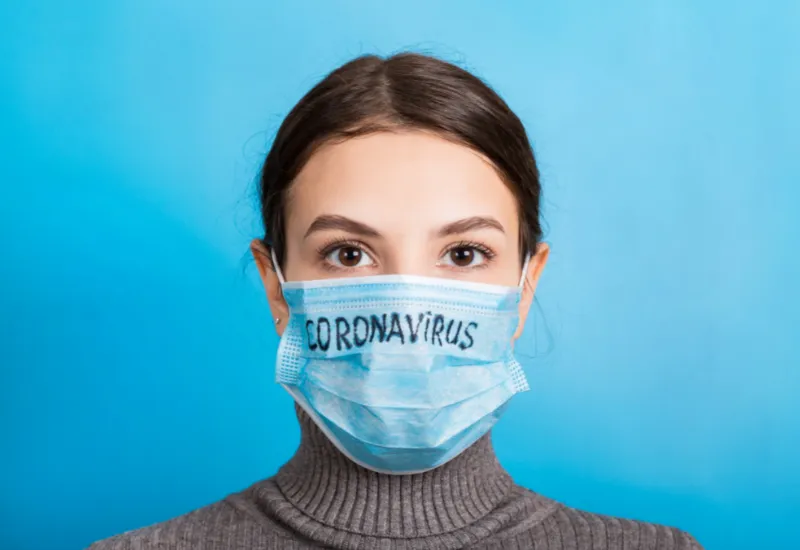In these last few days, a rapidly evolving deadly virus 'Corona' originating in Wuhan, China, has been on everyone's minds due to its rapid spread. Almost 1,300 cases and over 40 deaths have been confirmed in China, which is an alarming figure.
With the virus spreading so quickly, you may be wondering what the virus is all about. Keeping that in mind, here's all that you need to know about this virus, and what you should do to make sure you stay safe.
Contrary to popular opinion,
Coronaviruses are quite common. Usually found in animals, this virus can potentially spread to humans and mutate rapidly. The symptoms usually include a cough, a fever, and shortness of breath. Some patients have reported nausea, vomiting, or diarrhea as well. Many people recover within a few days. The complication arises when people with a weak immune system like the elderly and very young children, develop a more serious infection, such as bronchitis or pneumonia.
Chinese authorities and scientists have been working hard to understand what's causing this rapid spread and mutation of coronavirus and what can stop it. There are no antivirals for
coronavirus as yet, and no vaccines either, which makes preparing for this virus and treating it all the more difficult. The only way to save extremely sick patients is to treat them in the intensive care unit (ICU) of a hospital.
There is mostly nothing to worry about unless you have been nearby a patient. In most cases, chances are you're just getting worried without any reason. Even in the US, the situation is not as dire as it is being portrayed by the media. According to some reports, only two cases have been confirmed in the US as of yet.
There is no specific information on how this virus spreads. But according to studies, these viruses transmit from person to person through droplets containing particles that spread over the distance of three to six feet. Other airborne diseases like measles or varicella (chickenpox) spread over much greater distances, and their droplets are smaller. According to some reports,
coronaviruses having been found in the stool of some patients.
The virus jumps from human to human by air. We don't know for certain if it is also being spread through feces.
You can stay away from this disease by taking simple precautions. Just wash your hands a lot, cover your sneezes, and do not touch any place on your face without washing your hands first. Try to stay away from people who seem like they have flu symptoms.
There is not a lot of risk to people in the US of actually catching this virus. Health experts say that during the current winter season, people are likely to get diseases like the flu. But you can avoid these diseases by getting a flu shot in time.
It does seem that the
coronavirus is spreading quite aggressively all over the world, but that said, you must try to stay calm and not panic. Public health systems have had to deal with previous virus-related pandemics like SARS and MERS, and what they learn through that process will come in handy in containing the virus - at least until scientists find a cure or a vaccine for it.
Public health organizations like the Centers for Disease Control (CDC) and the World Health Organization (WHO) are trying to spread awareness among the general public by sharing strategies about the virus and how it can be controlled. Hopefully, things will become better soon.










